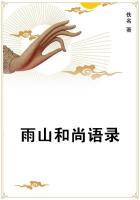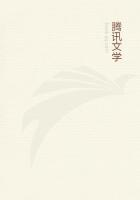MOHAMMED
A. D. 570-632.
SARACENIC CONQUESTS
The most extraordinary man who arose after the fall of the Roman Empire was doubtless Mohammed;* and his posthumous influence has been greater than that of any man since Christianity was declared, if we take into account the number of those who have received his doctrines. Even Christianity never had so rapid a spread. More than a sixth part of the human race are the professed followers of the Arabian prophet.
Spelled also Mahomet, Mahommed; but I prefer Mohammed.
In regard to Mohammed himself, a great change has taken place in the opinions of critics within fifty years. It was the fashion half a century ago to speak of this man as a hypocrite, an impostor, even as Antichrist. Now he is generally regarded as a reformer; that is, as a man who introduced into Arabia a religion and a morality superior to what previously existed, and he is regarded as an impostor only so far as he was visionary. Few critics doubt his sincerity. He was no hypocrite, since he himself believed in his mission; and his mission was benevolent,--to turn his countrymen from a gross polytheism to the worship of one God.
Although his religion cannot compare with Christianity in purity and loftiness, yet it enforced a higher morality than the old Arabian religions, and assimilated to Christianity in many important respects. The chief fault we have to find in Mohammed was, the propagation of his doctrines by the sword, and the use of wicked means to bring about a good end. The truths he declared have had an immense influence on Asiatic nations, and these have given vitality to his system, if we accept the position that truth alone has vitality.
One remarkable fact stands out for the world to ponder,--that, for more than fourteen hundred years, one hundred and eighty millions (more than a sixth part of the human race) have adopted and cherished the religion of Mohammed; that Christianity never had so astonishing a triumph; and that even the adherents of Christianity, in many countries, have not manifested the zeal of the Mohammedans in most of the countries where it has been acknowledged. Now these startling facts can be explained only on the ground that Mohammedanism has great vital religious and moral truths underlying its system which appeal to the consciousness of mankind, or else that these truths are so blended with dangerous errors which appeal to depraved passions and interests, that the religion spread in consequence of these errors rather than of the truth itself.
The question to be considered, then, is whether Mohammedanism spread in consequence of its truths or in consequence of its errors.
In order to appreciate the influence of the Arabian prophet, we are first led into the inquiry whether his religion was really an improvement on the old systems which previously prevailed in Arabia. If it was, he must be regarded as a benefactor and reformer, even if we admit the glaring evils of his system, when measured by the purer religion of the Cross. And it then simply becomes a question whether it is better to have a prevalent corrupted system of religion containing many important truths, or a system of downright paganism with few truths at all.
In examining the religious systems of Arabia in the age preceding the advent of the Prophet, it would seem that the most prominent of them were the old doctrines of the Magians and Sabaeans, blended with a gross idolatry and a senseless polytheism. Whatever may have been the faith of the ancient Sabaean sages, who noted the aspects of the stars, and supposed they were inhabited by angels placed there by Almighty power to supervise and govern the universe, yet history seems to record that this ancient faith was practically subverted, and that the stars, where were supposed to dwell deities to whom prayers were made, became themselves objects of worship, and even graven images were made in honor of them.
Among the Arabs each tribe worshipped a particular star, and set up its particular idol, so that a degrading polytheism was the religion of the land. The object of greatest veneration was the celebrated Black Stone, at Mecca, fabled to have fallen from heaven at the same time with Adam. Over this stone was built the Kaabah, a small oblong stone building, around which has been since built the great mosque. It was ornamented with three hundred and sixty idols. The guardianship of this pagan temple was intrusted to the most ancient and honorable families of Mecca, and to it resorted innumerable pilgrims bringing precious offerings. It was like the shrine of Delphi, as a source of profit to its fortunate guardians.
Thus before Mohammed appeared polytheism was the prevalent religion of Arabia,--a degradation even from the ancient Sabaean faith. It is true there were also other religions. There were many Jews at Medina; and there was also a corrupted form of Christianity in many places, split up into hostile and wrangling sects, with but little of the spirit of the divine Founder, with innumerable errors and superstitions, so that in no part of the world was Christianity so feeble a light. But the great body of the people were pagans. Amarked reform was imperatively needed to restore the belief in the unity of God and set up a higher standard of morality.














